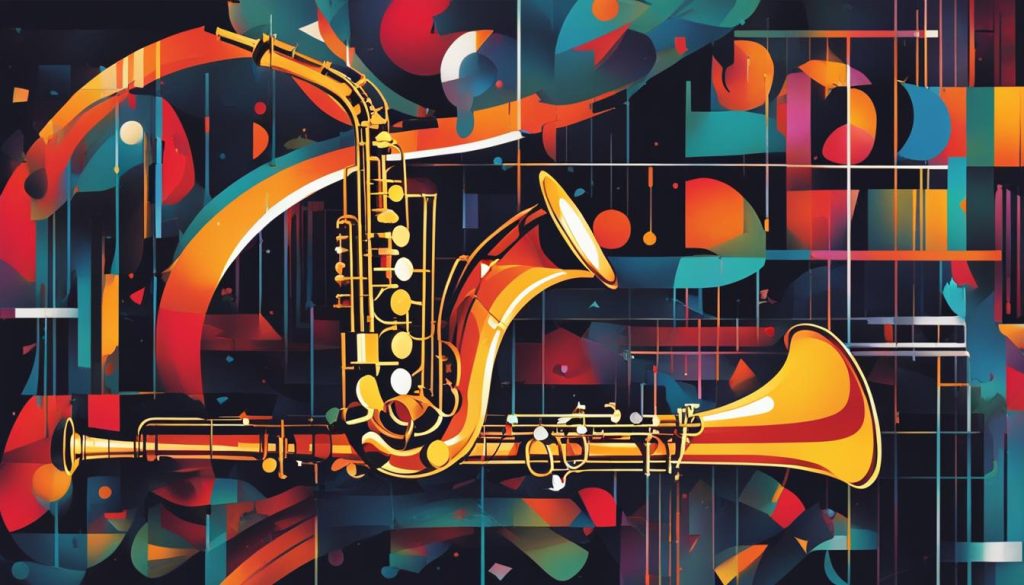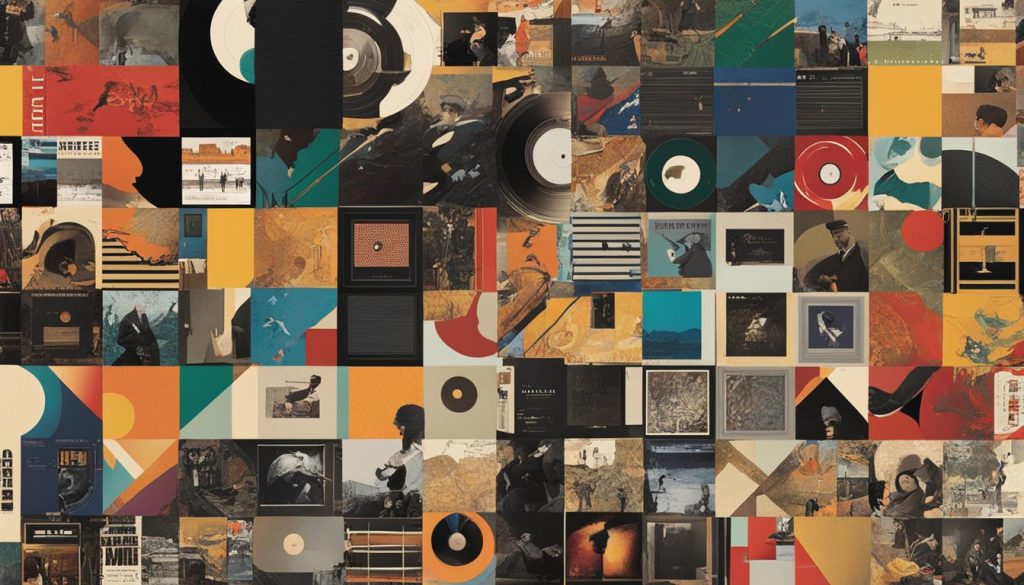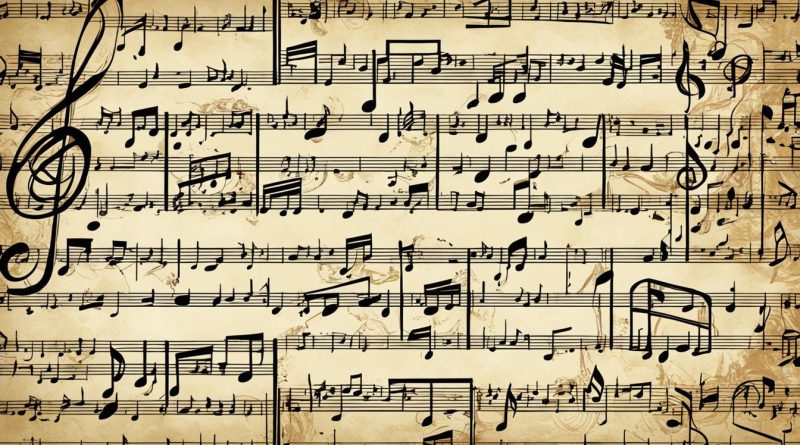Essential Jazz Scores for Every Music Enthusiast
Jazz has always been an important genre in the music world, offering a unique blend of improvisation and individual expression. Jazz scores are an essential aspect of this genre, representing the creative ideas and skills of renowned musicians and composers. Every music enthusiast should explore the world of jazz scores to gain a deeper appreciation of this iconic style of music.
Whether one is a seasoned jazz aficionado or a newcomer to the genre, jazz scores offer a window into the world of jazz and its rich history. By examining essential jazz scores and understanding their unique qualities and contributions, readers can expand their musical horizons and discover diverse styles within the genre.
Key Takeaways
- Jazz scores are an essential aspect of jazz music, representing the creative ideas and skills of renowned musicians and composers.
- By exploring essential jazz scores, readers can gain a deeper appreciation for the genre and discover diverse styles within it.
- Every jazz enthusiast should have a collection of must-have jazz scores to expand their musical horizons.
- Jazz scores offer a window into the world of jazz and its rich history, tracing the origins and evolution of the genre.
- Essential jazz scores are a crucial tool for enhancing one’s jazz knowledge and elevating their musical experience.
Exploring the History of Jazz Scores
Jazz scores have a rich history dating back to the early 20th century. The genre originated from African American musical traditions, and its evolution was shaped by a host of influential musicians and composers.
One of the earliest innovators in jazz music was Louis Armstrong, who transformed the genre with his pioneering use of improvisation and swing. Other notable musicians who contributed to the development of jazz scores include Duke Ellington, Charlie Parker, Dizzy Gillespie, and Thelonious Monk.
Throughout the 20th century, jazz scores continued to evolve and diversify, absorbing influences from various musical traditions and cultures. From bebop to cool jazz to free jazz, the genre underwent a series of transformations, each leaving their own unique mark on the music world.
By understanding the history of jazz scores, music enthusiasts can gain a deeper appreciation for the significance and value of this important genre. They can explore how jazz scores have changed over time, and learn about the contributions of the talented artists who helped shape it.

Must-Have Jazz Scores in Every Collection
For music enthusiasts looking to expand their jazz knowledge, having a collection of must-have jazz scores is essential. These iconic compositions shape the genre and showcase the unique contributions of notable jazz artists. By including these scores in their collection, readers can explore diverse styles within the genre and discover new musical horizons.
| Jazz Score | Artist | Description |
|---|---|---|
| Kind of Blue | Miles Davis | This 1959 album is regarded as one of the most influential jazz recordings of all time, featuring modal jazz and improvisational techniques. |
| Take Five | Dave Brubeck Quartet | This 1961 single is one of the top-selling jazz records in history and features a catchy 5/4 time signature. |
| Giant Steps | John Coltrane | This 1960 album features complex harmonic progressions and showcases Coltrane’s virtuosic saxophone playing. |
| Moanin’ | Art Blakey and the Jazz Messengers | This 1958 album is a hard bop classic that highlights Blakey’s drumming and features compositions by pianist Bobby Timmons. |
| The Shape of Jazz to Come | Ornette Coleman | This 1959 album is a pioneering work of free jazz that challenges traditional methods of composition and improvisation. |
These must-have jazz scores represent an essential foundation for any music enthusiast’s jazz score collection. By exploring the unique qualities and contributions of each score, readers can deepen their appreciation and understanding of the genre.

Conclusion
In conclusion, the significance of essential jazz scores in enhancing one’s jazz knowledge cannot be overstated. Exploring the rich history and diverse styles within the genre through curated collections such as the must-have jazz scores discussed in this article, allows music enthusiasts to expand their horizons and gain a deeper appreciation of the genre.
By immersing oneself in the world of jazz scores, readers can discover unique compositions by influential jazz artists and experience the evolving sounds of the genre. It is through the exploration of essential jazz scores that one can truly deepen their understanding of the genre and develop a true love for jazz music.
Therefore, it is highly recommended that every music enthusiast builds their jazz collection with essential jazz scores to enhance their jazz knowledge and further their musical journey.
FAQ
What are jazz scores?
Jazz scores are musical compositions written specifically for jazz ensembles, typically including lead sheets and arrangements for various instruments. They serve as a roadmap for musicians to perform improvisations and interpret the music within the jazz genre.
Why are jazz scores important for music enthusiasts?
Jazz scores are important for music enthusiasts because they offer a unique way to explore and appreciate the artistry of jazz. By studying jazz scores, enthusiasts can gain insights into the improvisational techniques, chord progressions, and rhythmic patterns that define the genre. Jazz scores provide a rich tapestry of musical ideas and creative freedom for both performers and listeners.
How can understanding the history of jazz scores enhance my appreciation of the genre?
Understanding the history of jazz scores allows you to trace the evolution of the genre and gain a deeper appreciation for its cultural and artistic significance. Exploring the origins of jazz scores and the contributions of influential composers and musicians provides a context for understanding the development of jazz as a distinct musical style. By studying the history of jazz scores, you can recognize the innovations and contributions made by different artists and better understand the stylistic elements that characterize jazz.
What are some must-have jazz scores for every collection?
There are several must-have jazz scores that every music enthusiast should consider adding to their collection. Some iconic jazz compositions include “Kind of Blue” by Miles Davis, “Take Five” by Dave Brubeck, “A Love Supreme” by John Coltrane, and “Giant Steps” by John Coltrane. These scores represent significant milestones in the genre and showcase the unique talents of their respective creators.
How can exploring essential jazz scores expand my musical horizons?
Exploring essential jazz scores expands your musical horizons by exposing you to different styles, techniques, and interpretations within the jazz genre. Each jazz score offers a unique musical experience and introduces you to the diverse range of sounds and expressions that jazz has to offer. By immersing yourself in essential jazz scores, you can develop a broader understanding and appreciation for the richness and versatility of jazz music.
How can I continue my jazz journey beyond the essential jazz scores?
Once you have explored the essential jazz scores, there is a vast world of jazz music waiting to be discovered. You can continue your jazz journey by exploring works by lesser-known artists, delving into different subgenres of jazz such as bebop, fusion, or Latin jazz, attending live jazz performances, and connecting with other jazz enthusiasts. The key is to keep an open mind and embrace the endless possibilities that jazz has to offer.
